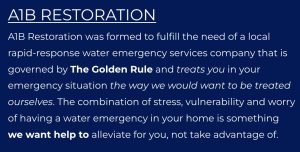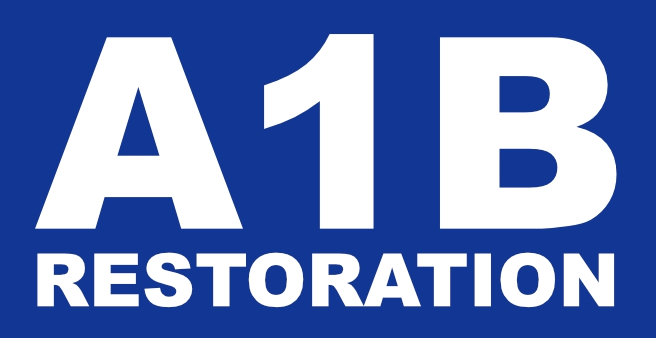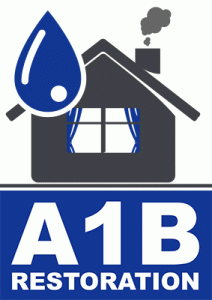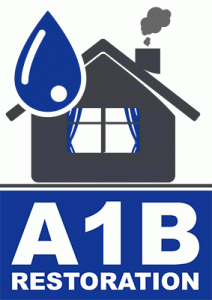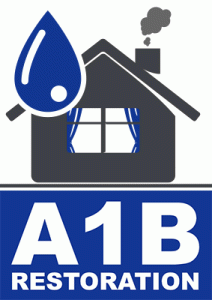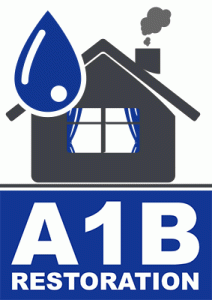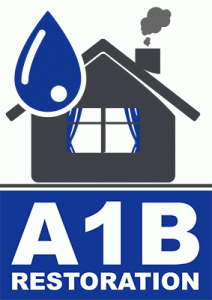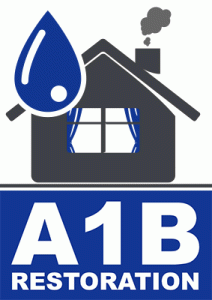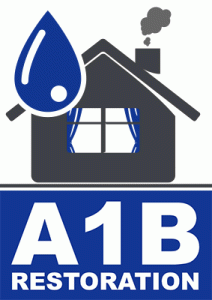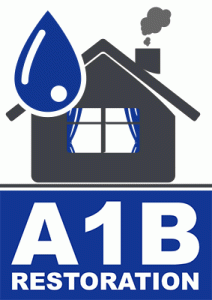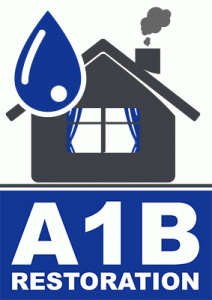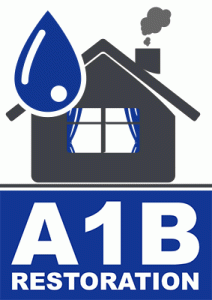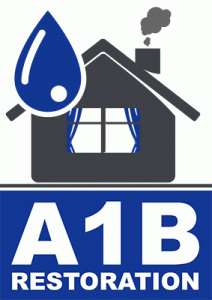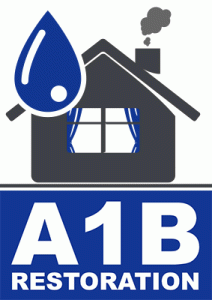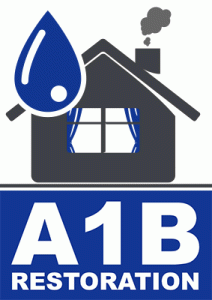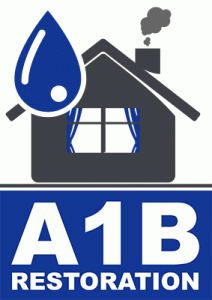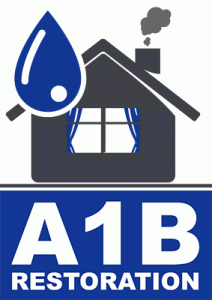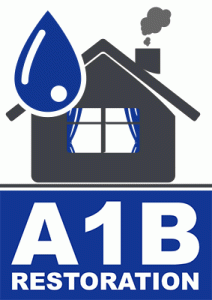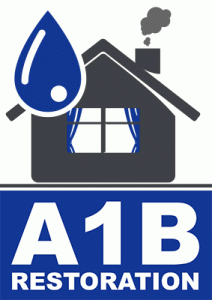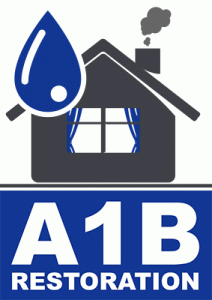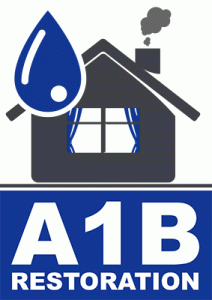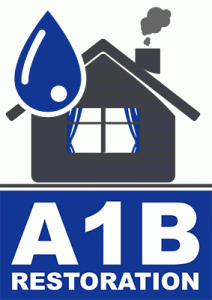water damage restoration cost Coppell TX
water damage restoration cost in Coppell Texas
Make the Call to A1B Restoration. We are ready to solve your water damage restoration cost problem in Coppell
We arrive quickly. We show up and mitigation begins STAT. There’s no need to call a plumbing professional because we have one on scene identifying and fixing the leakage as the clean-up and drying process starts. We will file the insurance coverage claim for you. We deal with all insurance coverage providers. You do not need to stress over any of that. We are professionals at filing claims effectively. We make the process as simple and pain-free as possible, taking the concern off of you.
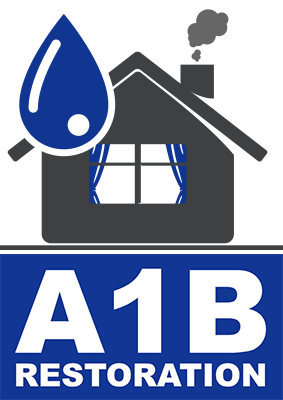
A1B Restoration 24/7 Emergency Services - We are standing by to help you NOW.
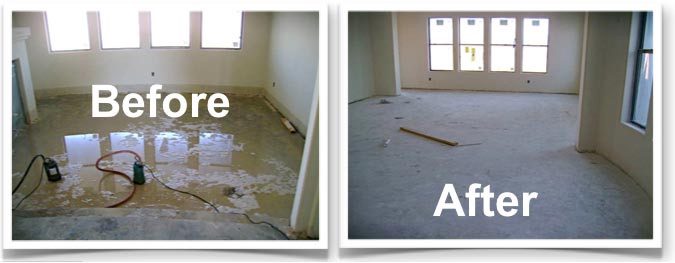
water damage restoration cost in Coppell, TX
Other Services in Coppell
Water damage remediation normally begins with an assessment and evaluation of the loss, concentrating on the materials impacted. Inspectors use water detection tools, consisting of probes and infrared gadgets, to identify the origin of the water damage and to examine the scope of the affected location. The initial steps include emergency situation mitigation services, which include stopping the water source, removing materials that can not be restored, extracting water, and cleaning the affected materials preliminarily.
Following mitigation, restoration efforts are carried out to dry the structure, stabilize the structure products, disinfect and sterilize any infected areas, and eliminate smells from all impacted materials and areas. Post-restoration, devices such as air movers, air scrubbers, dehumidifiers, and systems for drying wood flooring and sub-floors are set up to facilitate the drying procedure. The objective here is to decrease the wetness material in the materials to listed below 15%, a crucial level to prevent microbial growth.
City of Coppell TX
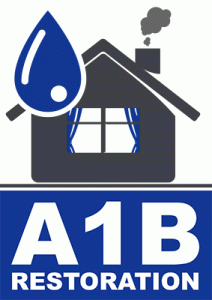
best water damage restoration near me Lake Dallas Texas
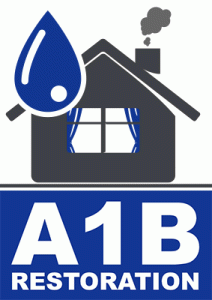
restoration services water damage Grapevine Texas
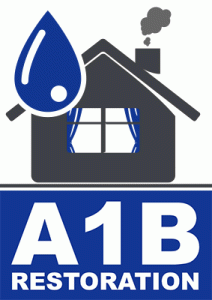
water restoration companies near me Preston Hollow Dallas Texas
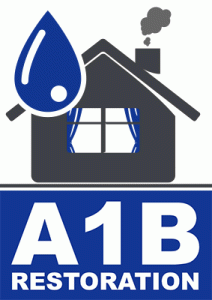
best water damage restoration near me Frisco Texas
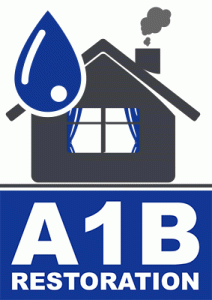
water damage restoration services near me Flower Mound Texas
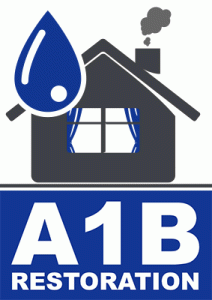
water damage restoration services near me Lake Dallas Texas
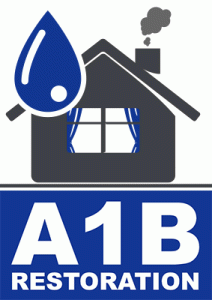
water damage restoration service Cedar Hill Texas
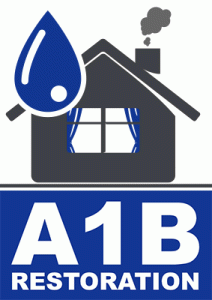
water damage restoration service Highland Park Texas
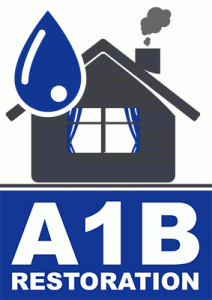
water damage restoration service Little Elm Texas
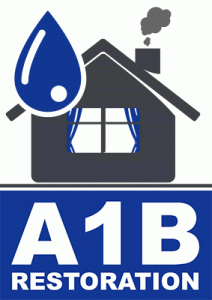
water extraction company Preston Hollow Dallas Texas
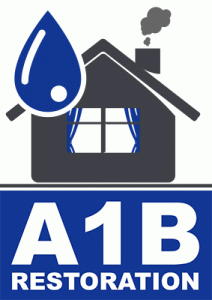
best water damage restoration near me Duncanville Texas
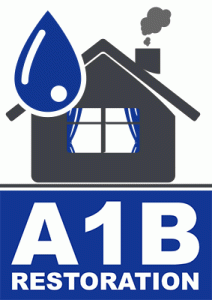
water damage companies near me North Richland Hills Texas
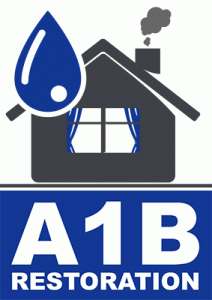
best water damage restoration near me Preston Hollow Dallas Texas
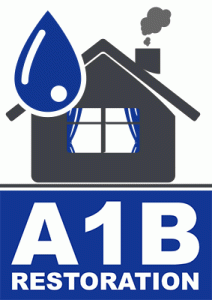
best water damage restoration near me Royse City Texas
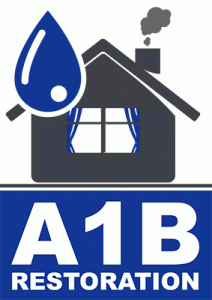
best water damage restoration near me Lavon Texas
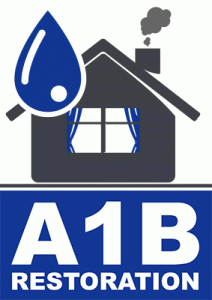
residential water damage restoration Parker Texas
Why Choose A1B Restoration?
